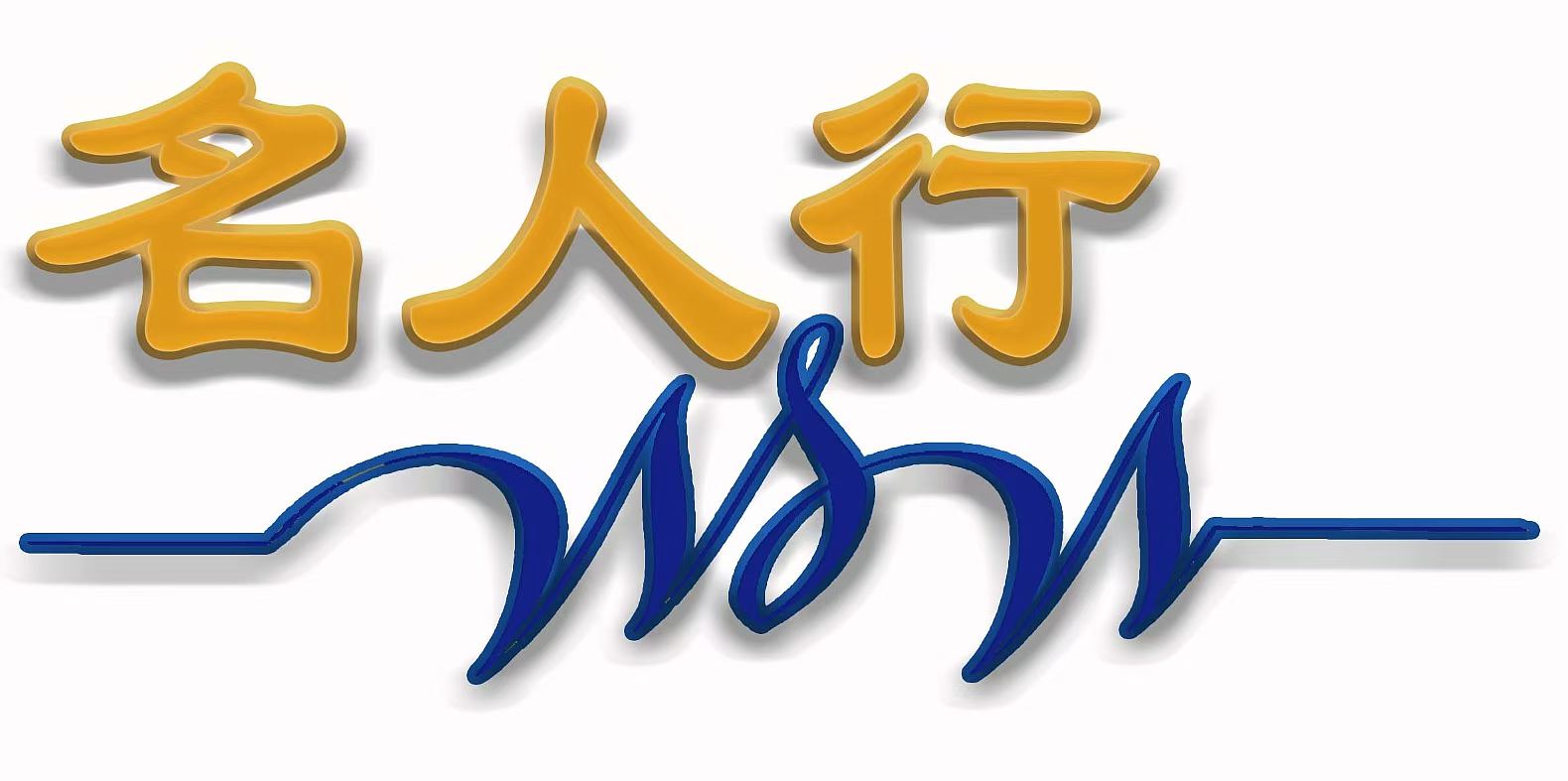The Dao Models Itself on Nature: Reaching the Highest State of Life Through Non-Action
What is the purpose of life? This question shines like the North Star in the night sky, eternally guiding the journey of the human spirit. While Confucians pursue the ambition of “cultivating the self, regulating the family, governing the state, and bringing peace to the world,” Buddhists take “delivering all sentient beings” as their great vow, and Western civilization holds “self-actualization” as its standard, Daoist philosophy, with its unique wisdom, opens up a distinct path for us—not one of outward pursuit, but of inward return; not of active striving, but of natural non-action; not of setting goals, but of dissolving the very concept of purpose itself.
The Daoist philosophical reflection on the purpose of life first manifests as a dissolution of “purposefulness” itself. The Dao De Jing states: “The Dao constantly does non-action, yet there is nothing it does not do.” This profound saying reveals a deep truth of the universe: the operation of the great Dao has no purpose, yet it accomplishes all things; heaven and earth give birth and nurture without intention, yet they bring forth all living beings. The reason humans become exhausted is precisely because they are too attached to预设 (pre-set) purposes, like travelers chasing their own shadows, forever unable to find peace. Zhuangzi, through the metaphor of Cook Ding carving an ox, tells us: when a person stops focusing on the “goal” and instead follows the natural grain, they can “navigate with room to spare” and achieve a miraculous level of skill. This transcendence of purpose is not a passive withdrawal from the world but a deeper embrace of life.
After relieving the burden of external purposes, Daoism guides us toward the art of living through “natural non-action” (自然无为, zìrán wúwéi). “Non-action” (无为, wúwéi) is by no means doing nothing; it is rather not forcing action, not acting arbitrarily, like water flowing and adapting to the natural contour of the land. Confucianism emphasizes “restraining oneself and returning to propriety” (克己复礼, kèjǐ fùlǐ), Buddhism advocates “diligently cultivating precepts, meditation, and wisdom” (勤修戒定慧, qín xiū jiè dìng huì), both carrying a clear sense of purposeful cultivation. Daoism, however, promotes “reaching the utmost emptiness” and “guarding profound tranquility” (致虚极,守静笃, zhì xū jí, shǒu jìng dǔ), returning to an authentic state by abandoning cunning and artificial wisdom. Like a skilled artisan who no longer consciously thinks about how to carve but lets the craftsmanship flow naturally, or a master musician who no longer frets over each note but allows the music to pour forth effortlessly. Creation in this state of non-action often reaches heights that deliberate effort难以企及 (hardly reaches).
Furthermore, Daoism proposes the “empty and tranquil mind” (虚静之心, xūjìng zhī xīn) as the gate to experiencing the Dao. The Dao De Jing says: “Cleanse the mysterious mirror until it is without flaw?” Only by washing away the dust and attachments in the heart can one reflect the original face of all things like a clear mirror. Ordinary people are often disturbed by fame, gain, right, wrong, and loss; their minds are like turbid water, difficult to clarify. Zhuangzi calls this “sitting and forgetting” (坐忘, zuòwàng)—forgetting worldly prejudices and self-attachment, thereby achieving a state of unity with the Dao. This emptiness and tranquility are not void and barren but represent the greatest openness, allowing the world to reveal itself to us in its true form. In such a state of mind, life itself becomes the purpose, not merely a means to an end.
Ultimately, Daoist philosophy leads us to the supreme state of “the harmony of heaven and humanity” (天人合一, tiānrén héyī). Confucianism advocates “mastering the Mandate of Heaven and utilizing it” (制天命而用之, zhì tiānmìng ér yòng zhī), emphasizing humanity's transformation and utilization of nature. Daoism, however, promotes “humans model themselves on earth, earth models itself on heaven, heaven models itself on the Dao, the Dao models itself on nature” (人法地,地法天,天法道,道法自然, rén fǎ dì, dì fǎ tiān, tiān fǎ dào, dào fǎ zìrán), seeking the harmonious coexistence of humanity and the cosmos. From this perspective, the purpose of life is no longer to conquer or achieve something, but how to integrate into the greater whole. Like a drop of water returning to the ocean, it no longer has a separate existence but gains eternal significance. Zhuangzi dreamed of being a butterfly, not knowing whether it was Zhuang Zhou dreaming of the butterfly or the butterfly dreaming of Zhuang Zhou. This state of forgetting both self and object is the most poetic expression of the unity of heaven and humanity.
When we let Daoist philosophy guide our lives, we discover a astonishing liberation—life is no longer a race toward a distant finish line but becomes a dance in the present moment; purpose is no longer a distant lighthouse on the far shore but becomes a river flowing beneath our feet. This philosophy does not provide a specific life plan but offers fundamental wisdom for viewing life: the best destination might precisely be the自在遨游 (carefree wandering) after letting go of purpose; the most meaningful life might precisely be living naturally when we cease questioning meaning. In purposelessness, we might instead arrive at the most abundant highest state of life; in non-action, we might instead accomplish the most magnificent undertaking of life. This is the enduring charm of Daoist thought, timeless and ever new, and a necessary force of balance for modern people amidst the wave of utilitarianism.

Comments (0)
No comments